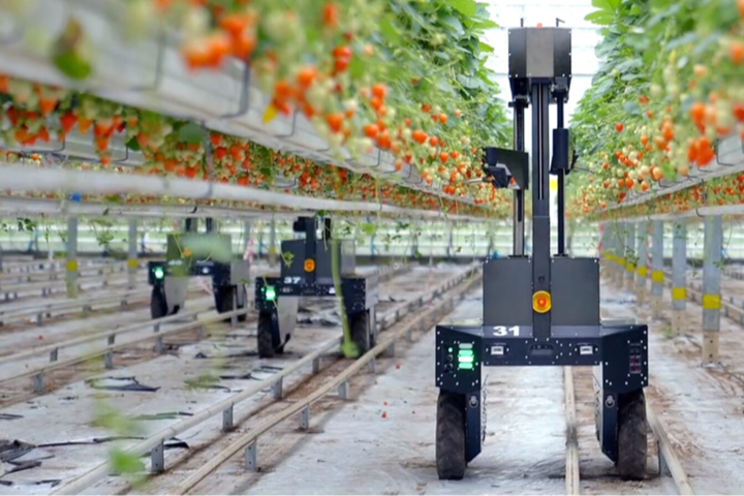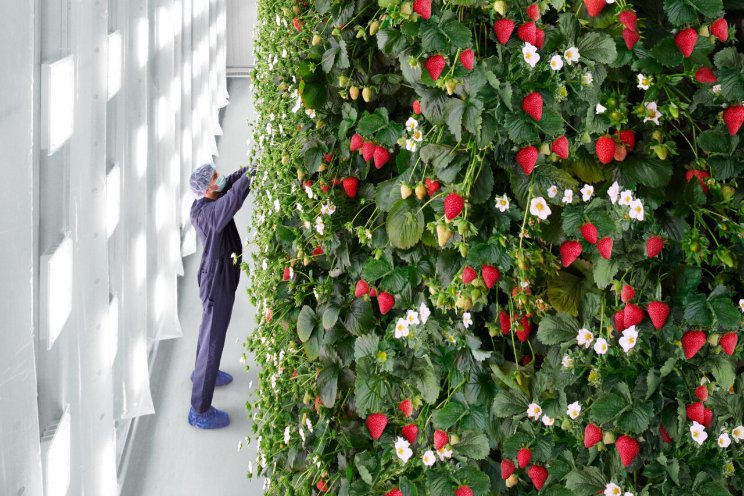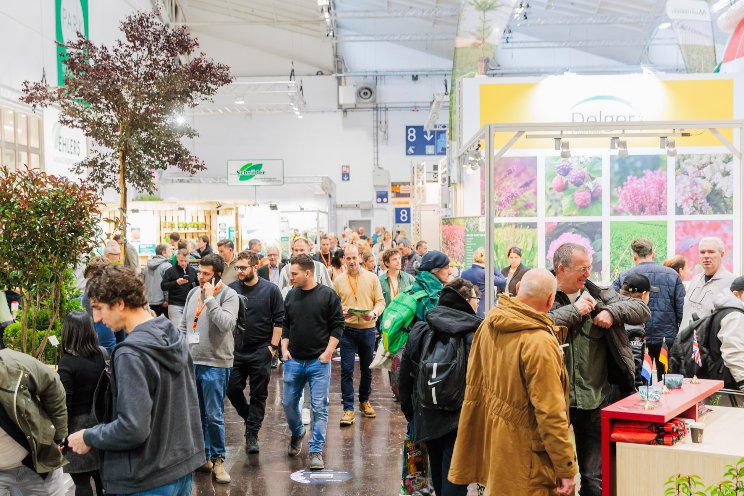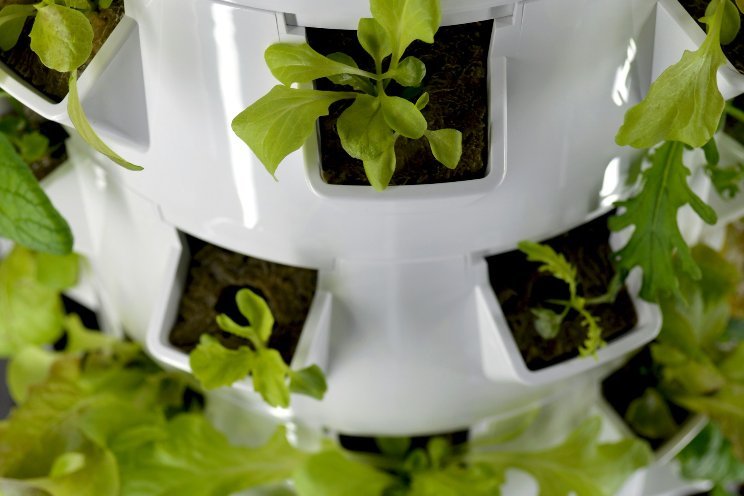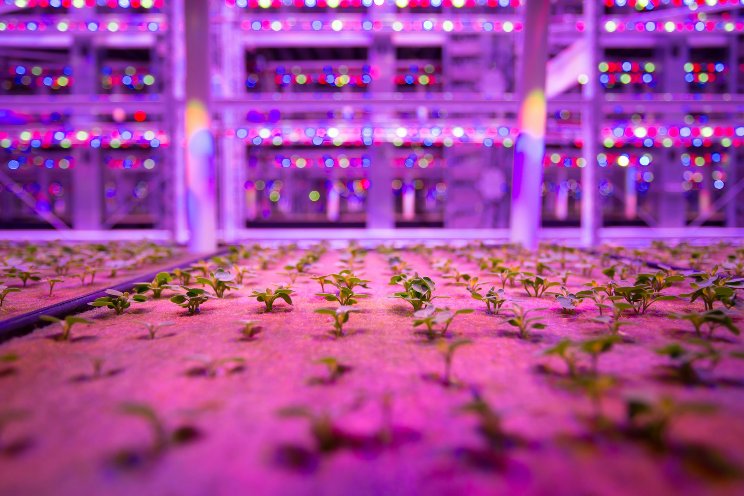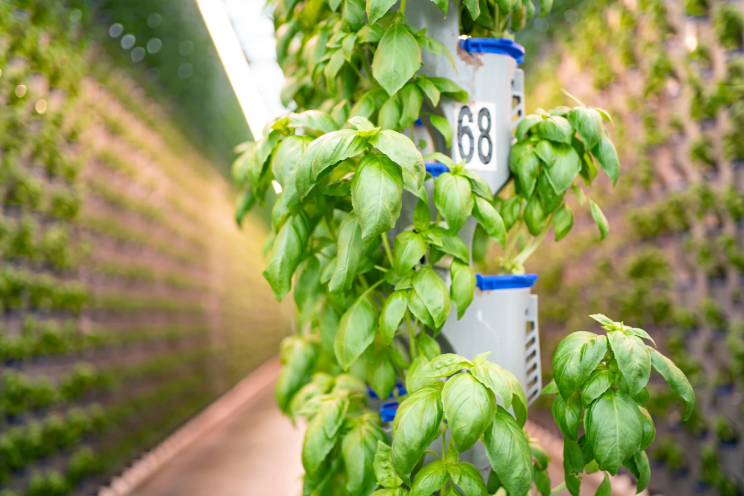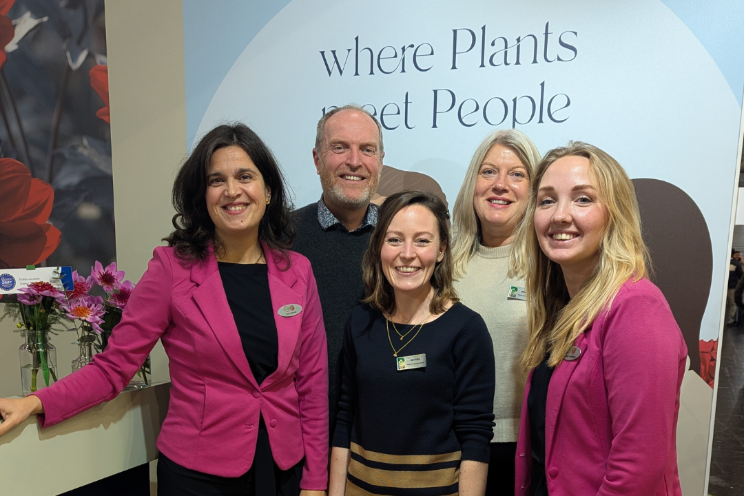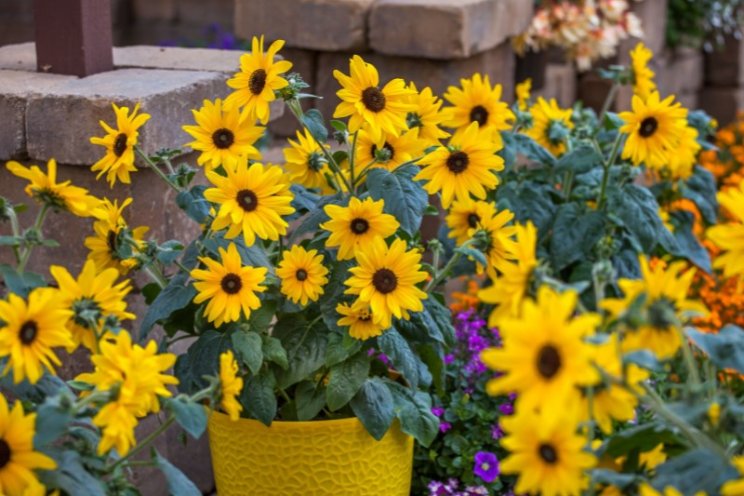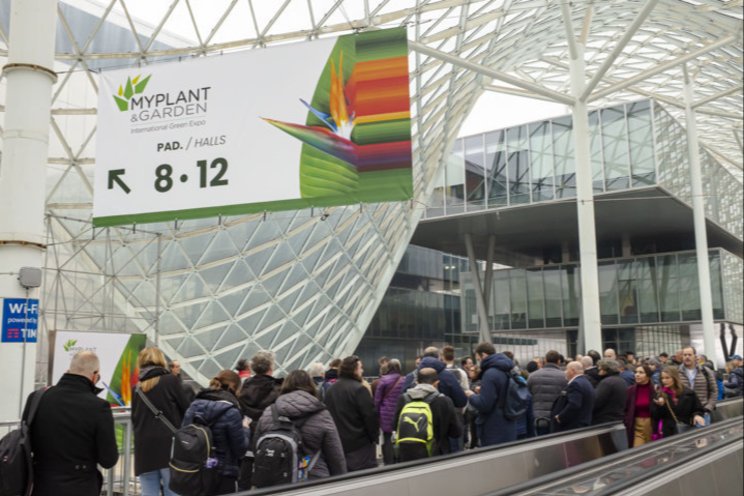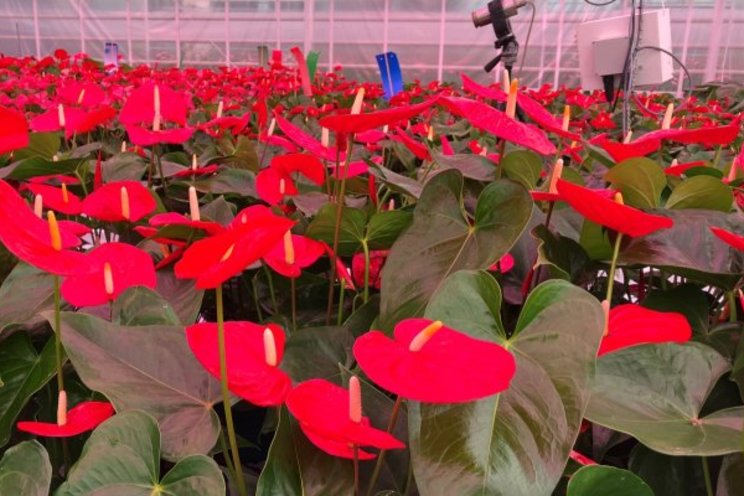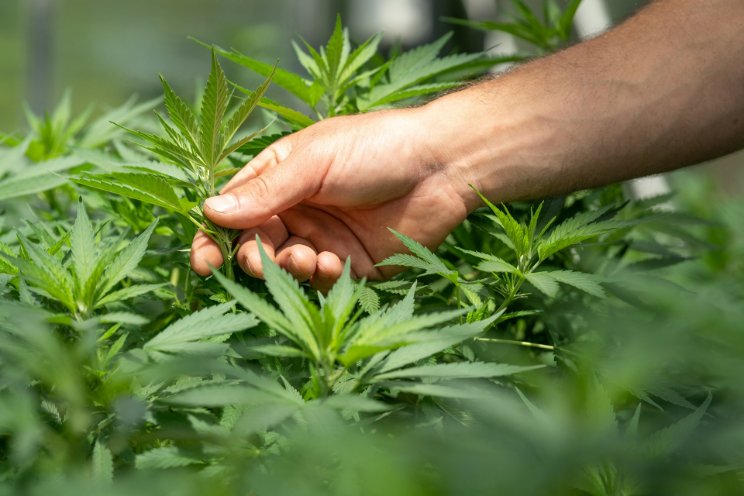Registration 4th Autonomous Greenhouse Challenge is open
Added on 02 November 2023

The competition starts in spring 2024 and consists of an Online Challenge in which AI and horticultural experts grow a virtual crop. The top five teams from the Online Challenge will get their own greenhouse compartment at WUR in Bleiswijk, the Netherlands, in autumn 2024. There they will compete with each other to grow real dwarf tomatoes in the most sustainable and autonomous way possible.
With an ever-growing world population, the demand for fresh and healthy fruits and vegetables is increasing. According to the Food and Agriculture Organization (FAO) of the United Nations, it will require 60% greater food production to feed a global population estimated to reach 9 billion by 2050. Autonomous greenhouses can ensure that more people are fed with vitamin- and mineral-rich produce. In addition, these techniques can help improve food safety and increase production of healthy vegetables while using fewer resources such as water and energy.
The potential of autonomous growing has been successfully demonstrated in previous editions of the challenge. This year, dwarf tomatoes take center stage. Tomatoes are traditionally grown in a high-wire cultivation system and they grow meters tall, requiring a lot of manual labor. Dwarf tomatoes, on the other hand, remain compact, only about 40 cm high. This makes them ideal for full automation and cultivation in urban environments.
Challenge as a connection between AI and food production
By organising the Autonomous Greenhouse Challenge, WUR and co-developer and technology company Tencent want to further connect the world of AI and food production, develop knowledge and make this knowledge publicly accessible. The Challenge is thus a contribution to global efforts to make food systems more sustainable.
More news
